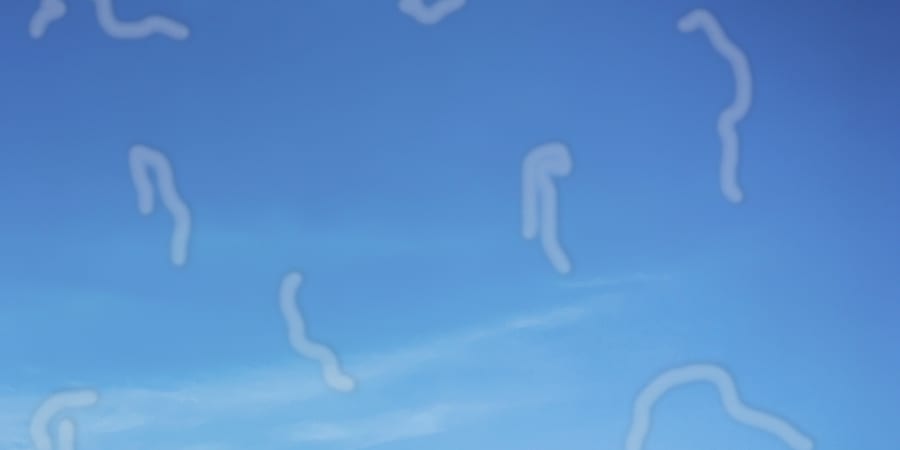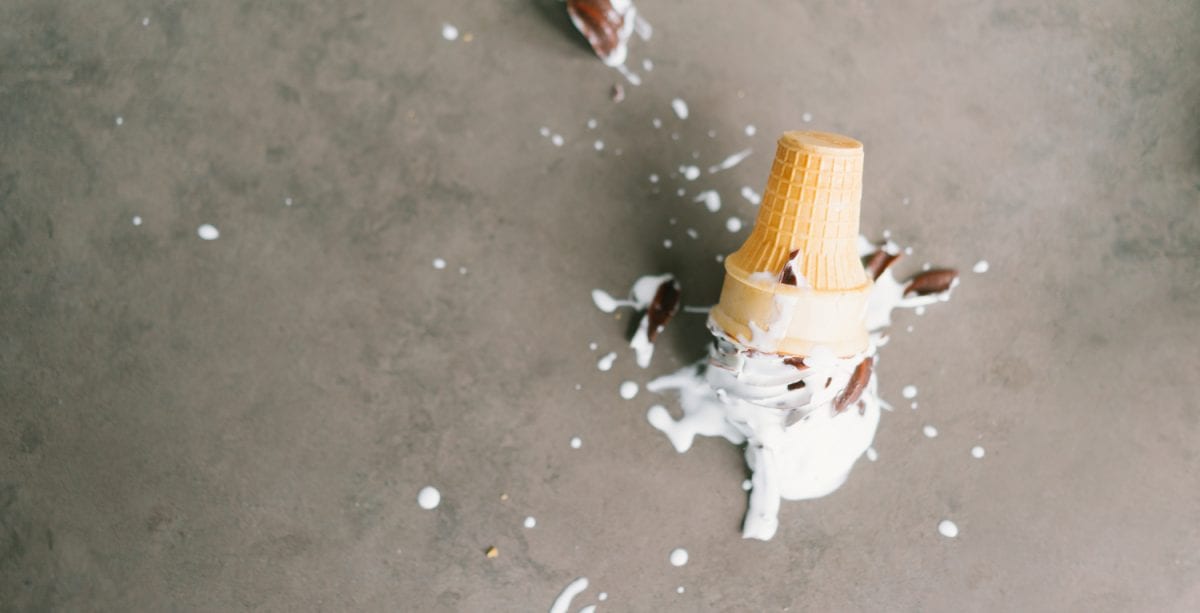Technology has made vast amounts of information available at our fingertips, and there’s no phenomenon, biological or physical, that hasn’t been touched upon by experts typing away in medical forums on the internet. Thanks to the impressive work by scientists and researchers, we’ve uncovered pretty solid explanations to some of the most mysterious phenomena over the past century – including some of the strangest things human body does.
The human body is a whole universe in its own rights, with an infinite amount of exploring to do and thousands of biological processes to understand. With millions of microscopic structures, complicated organs and a bunch of nonsensical processes that are way above the common man’s understanding, most of us simply shrug off some of the peculiar things our body does – like getting a brain freeze, for example. But science is finally answering some of these biological mysteries and some of the explanations are pretty mind-blowing.
Seeing Squiggly Things in Our Vision

What:
Like most other biological processes that have evolved over the centuries, our vision has also developed a few flaws along the way. Ever wondered why you see some squiggly particles floating in your visual field from time to time, that disappear after a few short seconds? There’s no way of getting a good look at these strange patterns because they dart out of sight every time you try to move your eyes.
Why:
These squiggly things (let’s call them ‘eye floaters’) are actually dust and lint particles that get stuck to your eyeballs. Our eyes are mostly made of a jelly-like substance called the vitreous fluid which undergoes several changes as you age. The fluid shrinks with age and becomes watery, which allows small fibers to clump together to form bigger, more visible particles that eventually sink to the bottom of your eyes where you can’t see them.
Brain Freeze After Eating Something Cold

What:
If you love ice creams and milkshakes, you’re probably familiar with the concept of a brain freeze and even if you’ve never suffered from one, the name is pretty self-explanatory. It’s that painful, yet numbing feeling you get in your brain when you take a large spoonful of the ice cream or slurp on your milkshake for too long. Brain freeze is quite similar to a nasty headache but it only occurs in painful pangs and lasts for a few seconds. But have you ever wondered why it actually happens? Let’s get into the science of this phenomenon before you make your next trip to Dairy Queen.
Why:
Scientists have been trying to get to the depth of the matter and they’ve finally figured out why we get these nasty headaches when we’re trying to enjoy our frozen desserts. Researchers conducted an experiment where they asked their subjects to put an ice cube on their tongue and push it against the roof of their mouth. This instantly led to a brain freeze because the subfreezing temperature of the melting ice shocked the brain’s thermostat, causing your brain to freak out, thinking that another ice age is upon us. In response to the sudden change in temperature, it opens up the arteries for pumping more blood which causes a sudden spike in blood pressure. So the next time you get a brain freeze, just press your tongue against the roof of your mouth to warm up your top palate. Or you can chug some hot tea, whatever sounds easier.
Why Food Tastes Weird After Brushing Teeth

What:
Ever tried drinking some orange juice immediately after brushing your teeth? Go do it now and you’ll realize that your favorite morning beverage has turned into a horrible-tasting solution. Did juice go bad in your fridge or did the toothpaste destroy your taste buds? The answer is neither.
Why:
Most commercial hygiene products, including toothpaste, contain an enfoamening chemical that gives you that satisfying frothy feel while you’re brushing your teeth. Although this chemical has no real usefulness in killing germs, it does help in convincing you that the toothpaste is actually working. One of the biggest disadvantages of enfoameners is that it numbs the taste receptors on your tongue – at least temporarily – which is why food just tastes bitter and tasteless after you brush your teeth.
